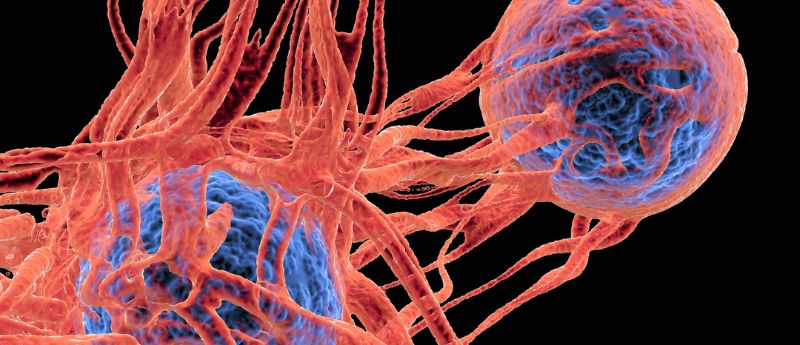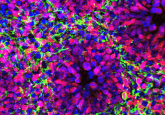Nivolumab-relatlimab receives NICE recommendation for advanced melanoma

NICE authorizes new drug, nivolumab-relatlimab, as evidence from clinical trial demonstrates a doubling of progression-free survival compared to nivolumab alone.
In a groundbreaking development for healthcare professionals, National Institute for Health and Care Excellence (NICE) have recently recommended nivolumab-relatlimab as a primary treatment for patients aged 12 and over with untreated unresectable or metastatic melanoma. Release of the drug – commercially known as Opdualag™ – is estimated to impact 1293 individuals in the UK, providing them with immediate access to the treatment.
Prior to nivolumab-relatlimab clearance, the gold standard for treatment of advanced melanoma was nivolumab-ipilimumab. In cases where this combination was not suitable, patients typically received either nivolumab alone or pembrolizumab. In clinical practice, treatment protocols dictated a cessation of treatment after 2 years.
The authorization of Opdualag is supported by evidence from a Phase II/III randomized, double-blind clinical trial involving 714 patients with previously untreated advanced melanoma. Participants were administered either 480mg nivolumab with 160mg of relatlimab, or 480mg of nivolumab alone, every 4 weeks.
AI melanoma detection software achieves 100% sensitivity rate
AI isn’t new to the game when it comes to skin cancer detection, but few AI tools are actually approved for clinical application and even fewer have reached the melanoma detection rate that this latest tool claims to achieve: 100%.
The results from the clinical trial demonstrate that patients treated with nivolumab-relatlimab have a longer progression-free survival (10.1 months) than those treated with nivolumab alone (4.6 months).
There is no direct evidence comparing nivolumab–relatlimab with pembrolizumab or with nivolumab plus ipilimumab. However, indirect comparisons suggest that people who have nivolumab–relatlimab also have longer before their cancer gets worse than people having solely pembrolizumab.
The active ingredients in nivolumab-relatimab are monoclonal antibodies which bind to target proteins PD1 and LAG-3, respectively. By attaching to the two proteins, nivolumab and relatlimab block their actions and prevent them from switching off the T cells. This process increases T cell activity against melanoma cells.
Consistent with the protocols recommended for nivolumab-iipilimumab, treatment with Opdualag is also recommended for 2 years, or less if the cancer progresses.
The release of Opdualag marks a significant stride in advancing treatment options, offering renewed hope for improved outcomes for advanced melanoma patients.





